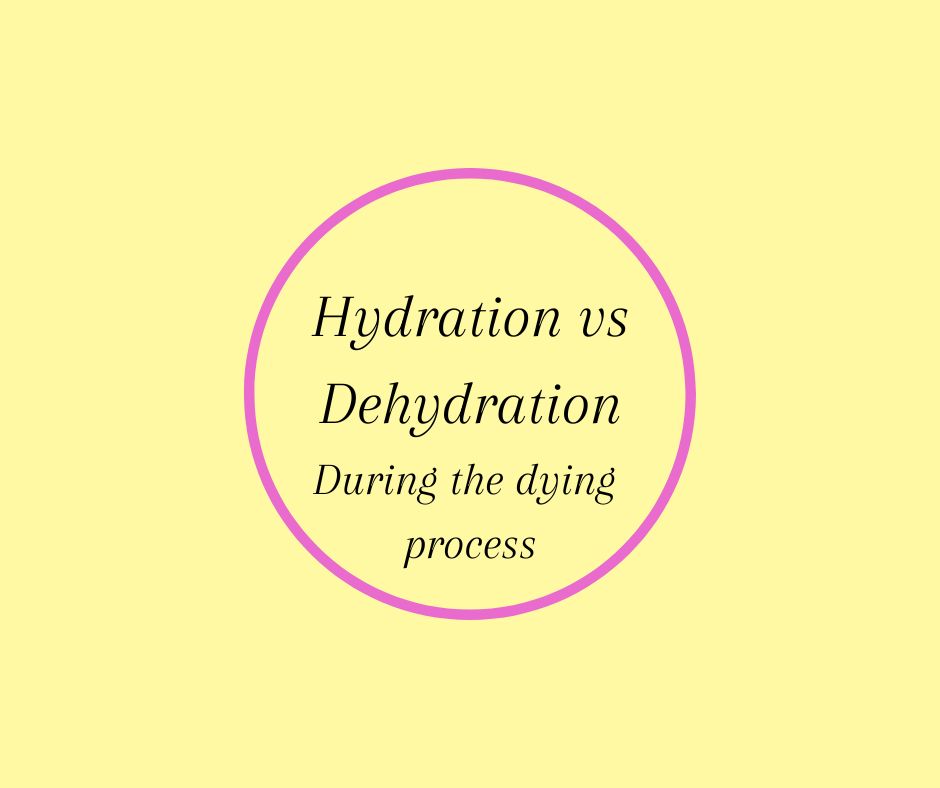Dear Barbara, Will you talk about the use of morphine to ease the dying on their way?
I am going to take that statement to mean “to ease the pain that is often present as a person approaches death.”
First I will say there is not always pain as death nears. Most people don’t know this. Most of us think when we are dying we will have pain. Not true. Dying is not the source of pain; disease is the source of pain and not all diseases cause pain. There are many diseases that can’t be fixed, that cause the body to stop working, stop living, but don’t do it in a painful way. There are other diseases that cause a great deal of pain and discomfort.
With today’s medical advances there is no reason for anyone to die in pain. There are many, many different pain medications to choose from. Generally, the intensity of the pain the disease is creating and the disease itself will depend upon which medication is used. There are non-narcotic drugs that can be very effective and there are patches that are put on the skin that can be effective but take longer to regulate. There are pills, liquids, creams, intravenous, and suppositories; all different forms of pain medication.
Morphine is a frequently used narcotic to relieve most types of end of life pain but it has a fearful reputation. Most people hear the word morphine and immediately think of addiction and overdose and if there was no pain in your body and you started taking morphine, yes, you would become addicted and may even overdose BUT for someone who has pain in their body the morphine will work on the pain, not the healthy body. There is a thin line in everyone’s body between pain and no pain. If the pain is so severe that non-narcotic medication does not reduce or eliminate it then it is appropriate to use a narcotic without the fear of addiction or overdose. Find the line between pain and no pain which may take several days of dosage adjustments and a person can generally be alert and comfortable.
If for some reason comfort cannot be achieved a person can be given a dosage of morphine that is high enough to induce sleep but not death. The person will sleep and therefore not be aware of the pain until their body is ready to die. The medical term for this is Palliative Sedation. At no time is morphine used with the intent to end life.
In managing severe, terminal pain we need to be aware the pain medication does not eliminate the pain. It just covers it up. What is causing the pain is still and will always be there. Because we are just covering it up the “cover” must be kept on it continually. That means the medication is taken around the clock. A mistake that often occurs is we take the medicine until we aren’t hurting and then stop taking it thinking “I’ll take the pills when the pain comes back.” With terminal pain if you wait until you are hurting before you take the medicine you will always be playing catch up and not be truly comfortable.
Pain management at end of life is an entire workshop of information, in fact several workshops. I have just touched on a few basic points to consider.





